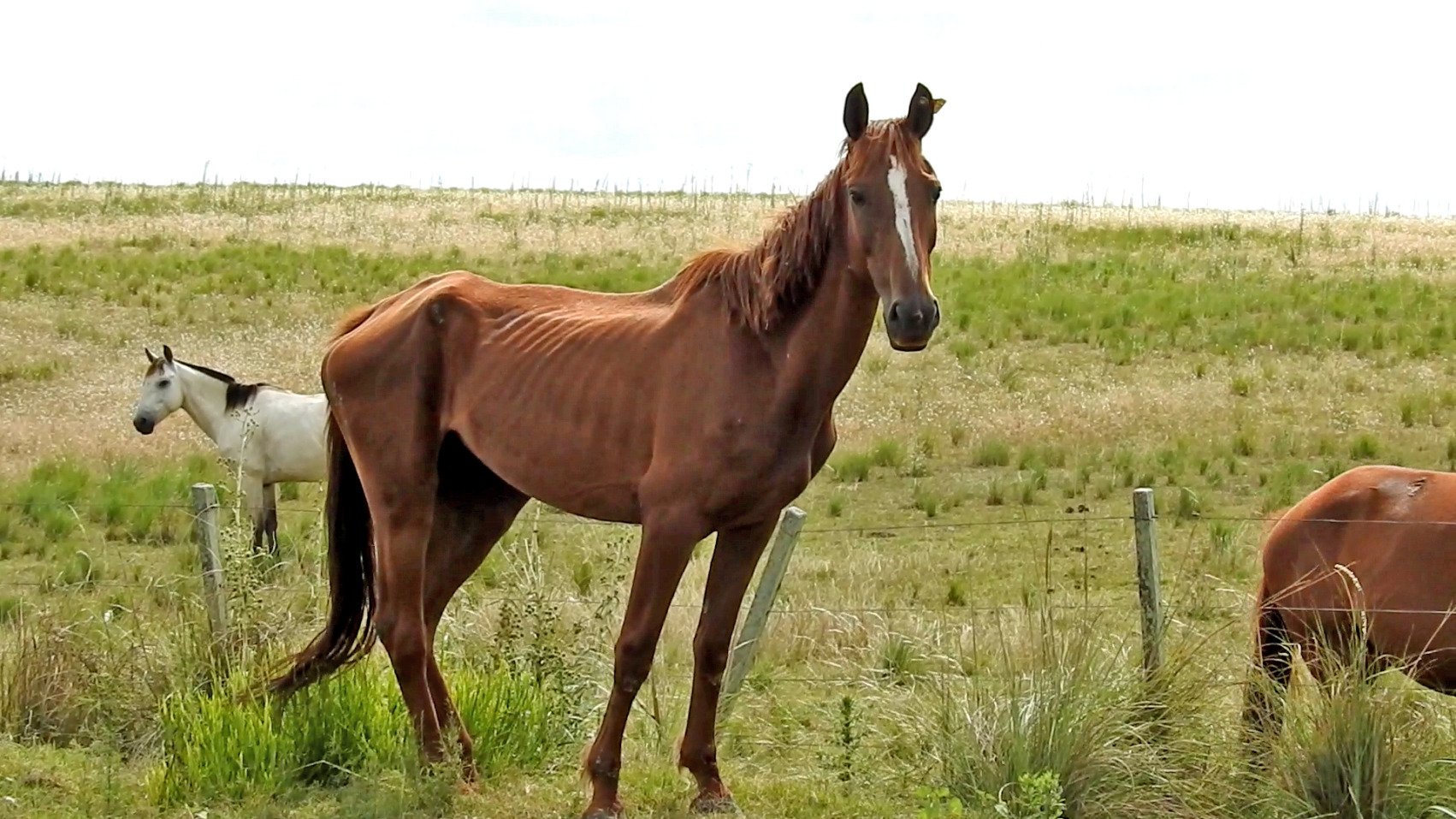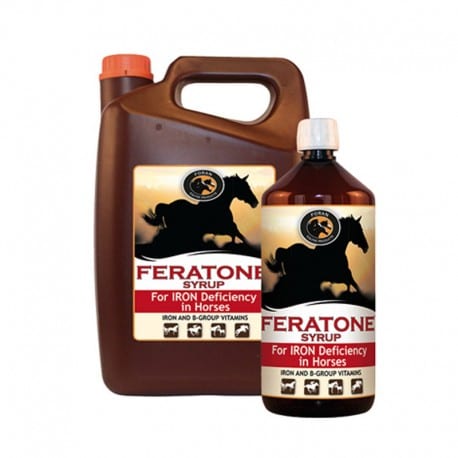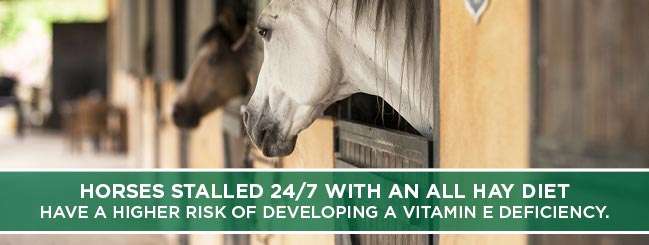Iron Deficiency and Overload in Horses: Understanding the Balance

Iron is a vital mineral for horses, playing a crucial role in oxygen transport, energy metabolism, and overall health. However, both iron deficiency and iron overload can lead to serious health issues. This article explores the causes, symptoms, diagnosis, treatment, and prevention of iron imbalances in horses.
Table of Contents

- Introduction to Iron in Equine Health
- Iron Deficiency in Horses
- Causes
- Symptoms
- Diagnosis
- Treatment
- Iron Overload in Horses
- Causes
- Symptoms
- Diagnosis
- Treatment
- Prevention and Management
- Frequently Asked Questions (FAQ)
Introduction to Iron in Equine Health
Iron is essential for the formation of hemoglobin, the protein in red blood cells responsible for carrying oxygen throughout the body. It also supports muscle function and immune system health. Maintaining optimal iron levels is critical for a horse’s performance and well-being.
Iron Deficiency in Horses
Causes
- Poor diet lacking in iron-rich forage or supplements
- Chronic blood loss due to parasites or injury
- Malabsorption issues in the digestive tract
Symptoms
- Fatigue and weakness
- Pale mucous membranes
- Reduced exercise tolerance
- Poor growth in young horses
Diagnosis
- Blood tests measuring hemoglobin, hematocrit, and serum iron levels
- Fecal exams to check for parasites
Treatment
- Iron supplementation through diet or injections
- Addressing underlying causes such as parasite control
Iron Overload in Horses
Causes
- Excessive supplementation
- High iron content in water or soil
- Certain metabolic disorders
Symptoms
- Lethargy and decreased performance
- Joint pain and stiffness
- Liver dysfunction
Diagnosis
- Blood tests showing elevated serum iron and ferritin levels
- Liver biopsy in severe cases
Treatment
- Reducing iron intake
- Chelation therapy in extreme cases
- Supportive care for organ function
Prevention and Management
- Regular veterinary check-ups and blood work
- Balanced diet tailored to the horse’s needs
- Monitoring environmental iron exposure
- Parasite control programs
Frequently Asked Questions (FAQ)
Q1: How can I tell if my horse has iron deficiency?
Look for signs like fatigue, pale gums, and poor performance. A vet can confirm with blood tests.
Q2: Can iron overload be reversed?
Yes, with proper management including dietary changes and medical treatment.
Q3: Is it safe to give iron supplements to all horses?
No, supplementation should be based on veterinary advice to avoid overload.
Q4: What are natural sources of iron for horses?
Good quality hay, pasture grasses, and certain grains provide natural iron.
Maintaining the right balance of iron is essential for your horse’s health and performance. Understanding the signs and treatment options for both deficiency and overload can help you provide the best care possible.
